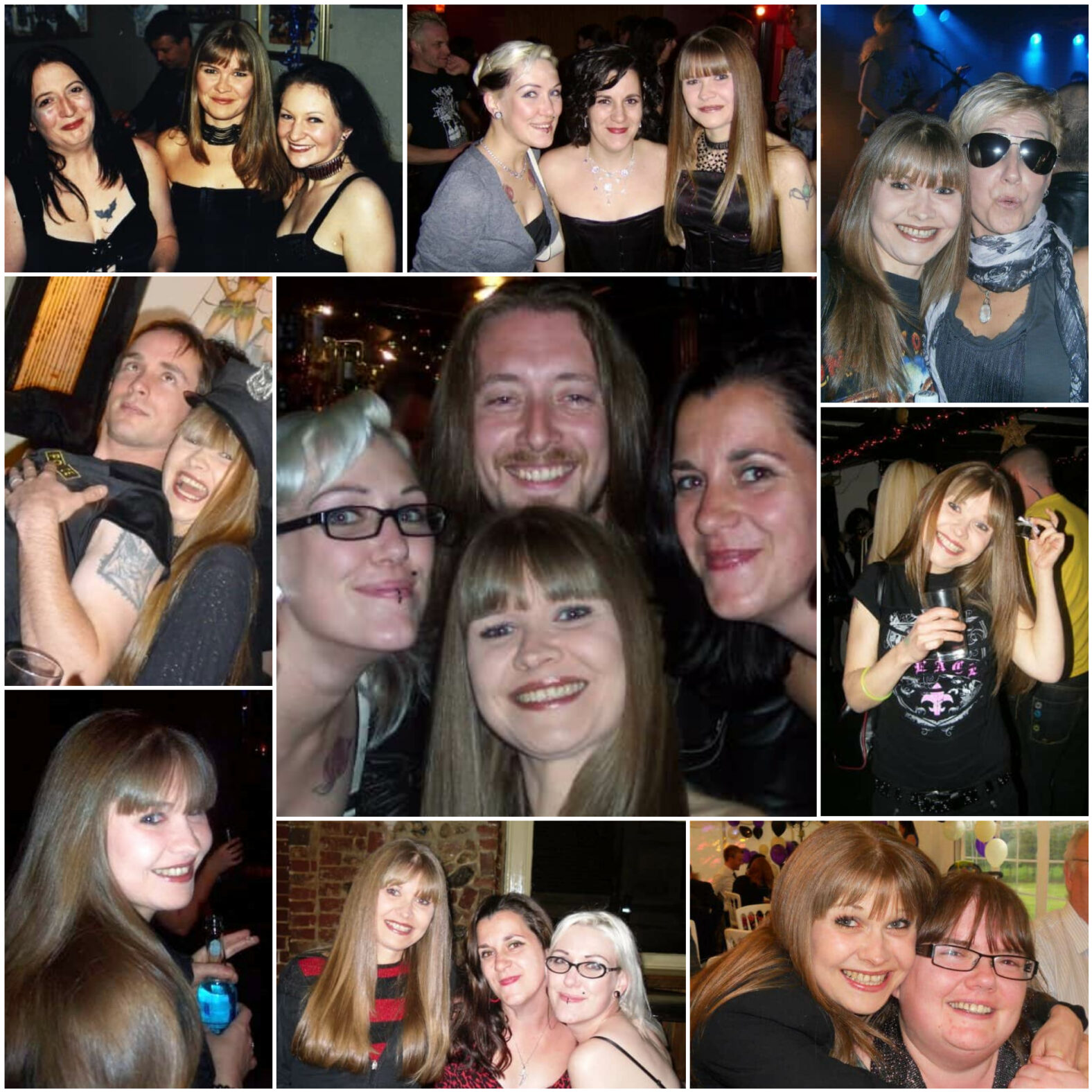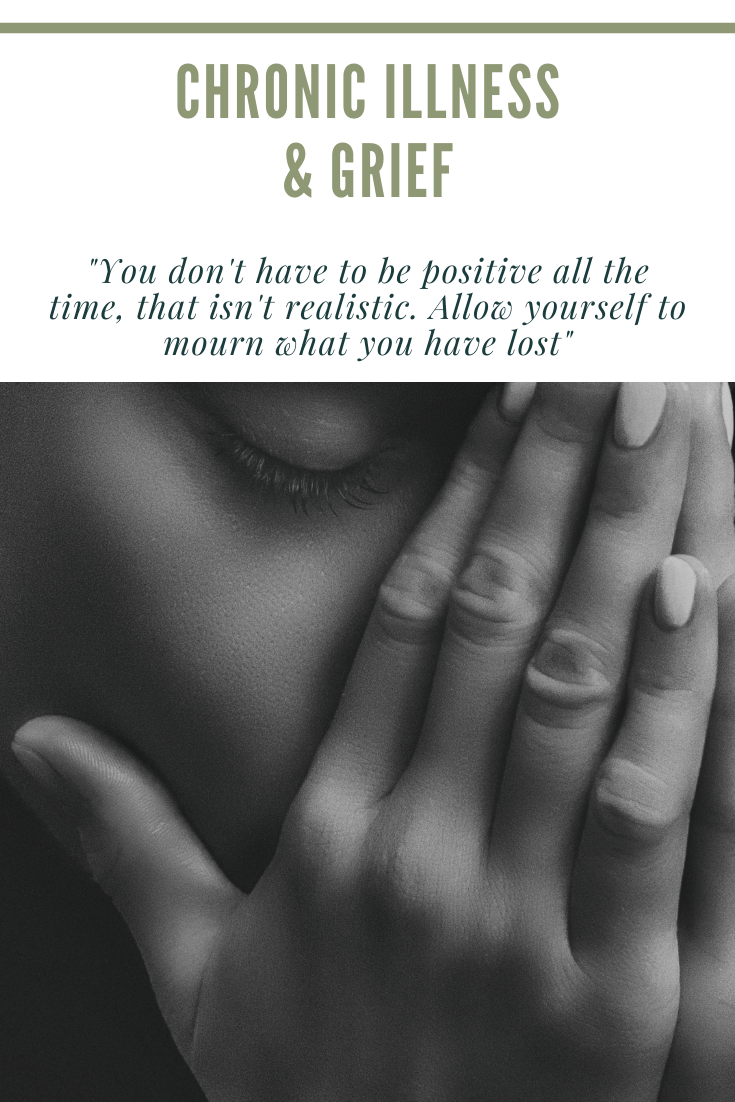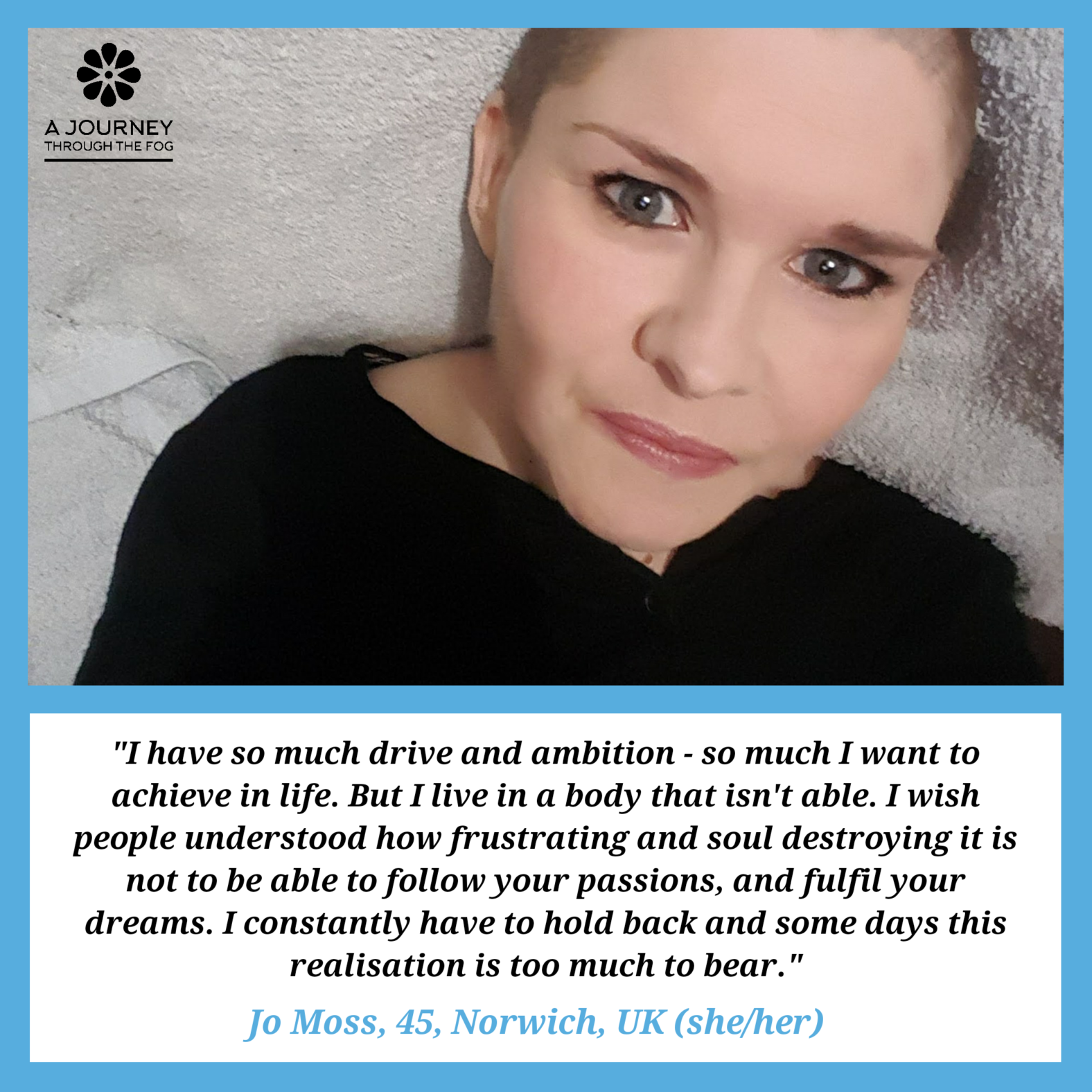
Each month a fellow blogger (A Chronic Voice) hosts a ‘Link-up party’. It is a monthly get-together for anyone with a chronic illness. An opportunity to share, to listen, and to learn from one another. It’s a great way to provide insight into life with chronic illness, from many different points of view. A Chronic Voice provides 5 writing prompts each month, and we use these prompts as inspiration.
August’s prompts are: Capturing, Financing, Controlling, Exchanging and Motivating.
If you would like to find out more about A Chronic Voice’s link-up party’s and read other contributions please click here.
“You don’t have to be positive all the time, that isn’t realistic. Allow yourself to mourn what you have lost”
Coming to terms with a ‘new normal’ and figuring out what your path will look like with chronic illness in the picture, is tough. If your illness has left you grieving, know you are not alone. Grief can be one of the most challenging aspects of living with a chronic condition.
In the years since getting sick and becoming disabled, I’ve learned that a whole range of emotions are just as much a part of my illness as my physical symptoms. When you have a chronic illness, there’s no getting better or being ‘cured’. There’s part of your old self, your old body, that’s been lost.
I personally found myself going through a process of mourning, anger, and sadness, followed by acceptance. And a whole load of other unexpected emotions along the way.
Please know that grief is a perfectly normal and understandable emotion given the circumstances. But how do you adapt to your new chronic life? How do you find purpose and acceptance within your new limitations?
Capturing

This week I have been sorting through a mass of paperwork that has accumulated over the last 7 years. Seven years ago, my life changed forever. My health took a sudden severe downturn, and I have been pretty much bedbound since. As my health slowly improves, I have felt compelled to try to organise my life, and the clutter that has built up around me.
While searching through the mountains of paperwork, I found many old photos. Photos that capture a happier time, before the catastrophic event that put a halt to my life plans.
Although it was lovely to look at these photos and relive these happy times, they also reminded me of the devastation caused by the transition from a healthy me, to a disabled me. They remind me of the life I have lost.
For years, I purposefully avoided looking at old photos, the memories were just too painful – I would break down and cry even at the thought of them. But this week I embraced the chance to reminisce. I immersed myself in these happy moments, and I am thankful I have these joyous memories to escape to when I am consumed by pain.
Why did I find it so hard to look at photos that capture happier times? Why couldn’t I celebrate the old healthy me? I’m pretty sure it was because, at the time, I was still grieving the life I had left behind. I was still trying to come to terms with a life I did not want, and definitely had not chosen.
Financing
One of the hardest things to come to terms with after chronic illness hits, is the inability to work. We can lose our purpose and often our independence. The dynamic within a relationship can also change when we lose the financial freedom that a full time job can offer.
Financial struggles can also add extra stress at a time when we are already overwhelmed with emotions.
I live in the UK, and theoretically we have a welfare system that should support those within society that find themselves unable to work. Sadly, myself and thousands of other people have been severely let down, and even harmed by the flawed benefit system. Going through this agonising process was extremely detrimental to my health, and caused additional suffering at a time when I needed support. This only added to my grieving process.
If you would like to read more about my personal experiences with the benefits process, please read my post; How the government’s welfare reforms almost cost me my life.

Controlling
Another frustrating aspect of a chronic life, is that we often feel our lives are out of control. Our bodies don’t respond as they should, and often we have little control over the treatment options we are offered.
But here’s the thing; I’m a control freak, I always have been. I think my anxiety plays a big part in this, and when I felt my health spiralling out of control, I went into panic mode.
Often we seek control, only to find that it’s illusionary. Life has plans of its own. So, when I became ill I had to find a way to step back and let go of my need to control everything
Yes, there are certain things that are within our control, as such our diet, and self-care routines. But I had to learn what was worth my energy, and what was simply a fight I could not win.
How did I combat these anxiety inducing feelings? I concentrated my limited energy on finding tools and strategies that could help me live better with my illness. This in turn, had a positive effect on my mental and emotional well-being, guiding me into a better position to navigate my feelings of grief.
If you are struggling with grief because of your illness, it can be helpful to not only focus on coping specifically with the grief itself, but to make sure you are working on managing and coping with your illness as a whole.
I wrote a post at the beginning of my blogging journey called Taking back control of your life and health. Using the word ‘control’ here is an indication of my need to control everything, but the post does offer some simple tips, and words of encouragement to anyone at the start of their chronic illness journey.
Exchanging
At the beginning of this post I mentioned that I found myself going through a process of mourning, anger, and sadness, followed by acceptance. For me acceptance has been the key to moving forward, and adapting to the new challenges chronic illness brings. I knew I needed to exchange my old thoughts and habits for new ones, if I was to successfully adapt to a chronic life.
Part of this was to let go of my need to control everything, but also to change my society-driven misconceptions with regards to rest and laziness. I needed to ignore the negative ableist messages I had been fed for years, and try to do what’s best for my body, without judgement.
I have spoken quite a lot about acceptance in my blog, and the vital role it plays in coming to terms with the limitations chronic illness places on our lives. Please click here to read more.
Contrary to what people often think, acceptance doesn’t mean giving up. Acceptance it’s simply an acknowledgement of the situation. It’s about recognising your limitations and being at peace with how things are right now. It’s about focusing on what you can do rather than what you can’t do. It’s about acknowledging your flaws and learning to accept the person you are right now.
Acceptance doesn’t mean that I don’t experience all the other feelings, or that the process is easier. But it does mean letting go of the things I think my body should be or do, and embracing it instead for what it is now, flaws and all.
Acceptance also means setting aside shame and internalised ableism, and doing what is best for me, rather than what society dictates.
Motivating
Now onto the last writing prompt, motivating. One of the most frustrating parts about having a misunderstood illness like ME/CFS, is that people wrongly assume I’m just lazy. They assume I lack the motivation to just ‘push through’ the pain and exhaustion. The truth is; I have all the motivation in the world, but I live in a body that is not able.

For a long time this frustration and misconception led me to push myself beyond what was healthy, and I suffered severely because of this. I had to fight against this, and allow myself to rest, before I was able to make improvements in my life and health.
Coming to terms with my new limitations only added to my grief at the time. I felt like I had lost ‘me’ in the process, and struggled to find my purpose in life. But as I have said before; grief is a natural response, and a completely understandable emotion given the circumstances.
Grief often arises because our life and our future have been shoved in a different direction by chronic illness. During this stage it’s important to work on reevaluating our life goals, creating a new identity, and prioritising our health and self-care. By embracing our chronic life, and finding new purpose, it is possible to live a happy life despite the limitations created by chronic illness.
Through a lot of searching I have found new purpose within my chronic life, and I find writing particularly cathartic. Writing motivates me to move past my grief and embrace my new chronic life. I talk about the important role creativity plays in finding purpose when chronic illness strikes, in my post; Enhancing a chronic life through creativity
Do we ever stop mourning our old self?
For many grief, like chronic illness, can be a lifelong journey. Learning to cope with grief doesn’t necessarily mean it will go away, but rather become less intense over time.
I believe it’s important to allow ourselves to grieve. It may not be a pleasant experience, but it is a vital one if we want to progress onto acceptance. It’s OK to let yourself feel all the complex emotions that come with a chronic illness diagnosis.
You don’t have to be positive all the time, that isn’t realistic. Allow yourself to mourn what you have lost. There will be a time when you successfully learn how to move through your day-to-day life with hope and purpose, even with the feelings of grief.
If you are struggling with the negative thoughts and emotions that accompany chronic illness, you are not alone. I have written a post with some simple coping strategies, I hope it helps. Take care x
For more personal stories, reviews, news, inspirational quotes and in-depth discussion, please head over to my Facebook page.

A really beautiful post Jo, and yes, grief plays such a fundamental part in learning to come to terms with chronic illness and is one we visit many times during our journey battling illness as we lose so much to it. I am glad that you have found writing to be cathartic and helps you channel your grief and emotions.
Thank you Rhiann 💙
Thanks for sharing your thoughts and life with us again this month, Jo. Acceptance is so powerful once…accepted :p It takes a long time, but it really helps a lot. And the frustration that comes with a body that needs to be paced does get exhausting, too. Especially now when I’m trying to make new friends and meet new people, it can get so tricky. Sending love! x
I can relate to so much of what you have written here, coming to terms and accepting changes in your life are hard enough, double them up with a chronic illness and it’s even harder.
Thanks for sharing your thoughts. I have had a particularly frustrating week with my chronic eye condition that left me wanting to rip my eye from its socket, but I got through it and live to fight another day. We do what we can to get by.